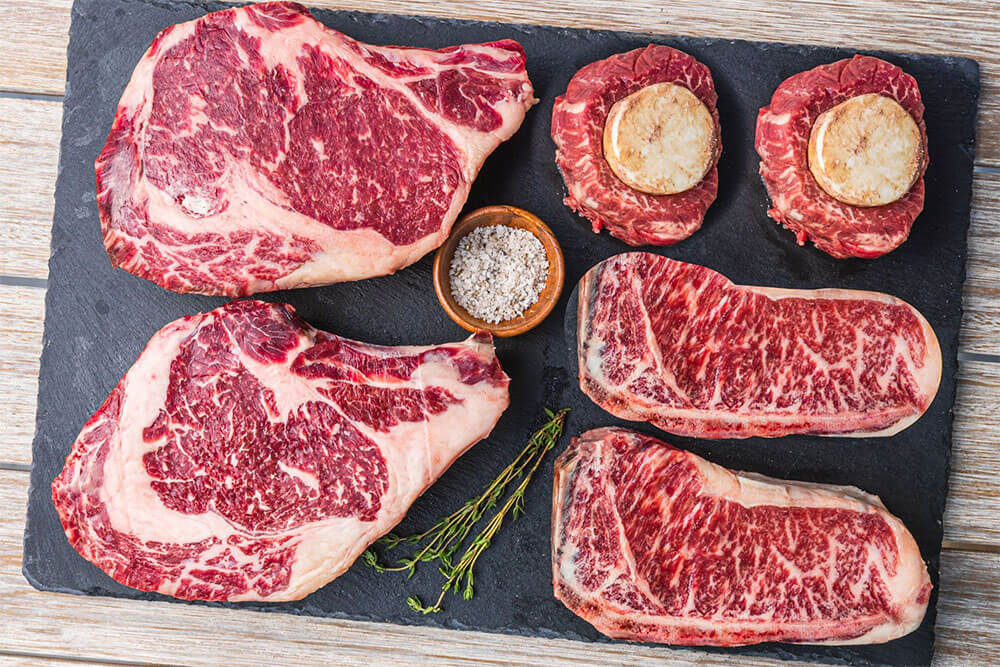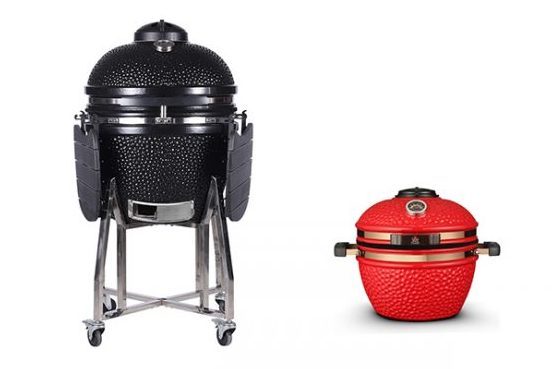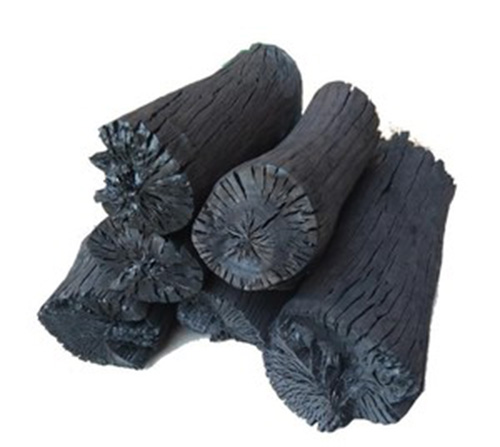A good barbecue cannot be rushed for success.
This is a conclusion drawn through countless practice in life. There are many
factors in calculating cooking time, and it is almost more of an art than a
science. Sometimes the same piece of meat, even if the weight is the same, but
the environment and grill used will affect the barbecue time. Therefore, there
are four main factors that affect the kamado
ceramic grill time: Meat Type, the use of
the grill, fuel type and weather.
When
you look at the recipe and try to figure out how early you need to start
grilling a mouth-watering meal, you need to consider the following:

Meat Type
As
you may know, in order to be safe to eat, each type of meat (beef, chicken,
seafood) has different temperature requirements. However, even within these
ranges, the cooking time of each piece of meat may vary slightly depending on a
number of factors, including:
• Type of
meat.
Obviously, hamburgers are cooked differently from steaks.
• Thickness
of the meat. The thicker the meat, the longer it will take to cook.
But be careful, your meat is close to uniform thickness, otherwise you will end
up scorching thin meat when most of it is fully cooked.
• Fat
content.
Depending on what you are cooking, the amount and location of fat may lower the
internal temperature of the grill, causing a stall, which greatly increases the
cooking time. However, this is not necessarily a factor in all pieces of meat.
• Meat
preparation. For example, if you spray your meat with juice
regularly, it will lower the internal temperature and you will have to cook it
for a longer time.

The Use of the grill
The
type of grill and the way you use it will definitely affect the time you spend
cooking your food. There are many ways to set up kamado
ceramic grill, each of which can change your time formula.
• Cooking
methods.
If you cook with flames and direct heating, the meat will cook faster than
indirect cooking. Different grates sometimes change the cooking time.
• Cooking temperature. Obviously, food will cook faster at higher temperatures, but sometimes you can combine the two to speed up cooking by burning the food.
It
is also important to make sure that you have set up the grill correctly for
whatever you are cooking. Direct heating and indirect heating may be an
important factor that affects the way food is cooked, as can the internal
temperature.

Fuel type
The type of fuel your grill uses can have a
huge impact on grilling time.
•
Gas grills. It generally have faster cooking times
compared to charcoal grills. Gas grills usually heat up faster and maintain a
more consistent temperature. For example, our mini
kamado grill uses natural gas heating, which heats up
faster and more stable.
•
Charcoal grills. However, cooking with charcoal may have more
variables and may require more time. People who use low-speed slow cooking
methods usually cook with fire, whether it is wood burning or charcoal.
Weather
Because your grill may be outdoors, nature can sometimes make it difficult to keep the temperature of your grill stable, which in turn will increase the cooking time.
• Weather/outdoor
temperature. Generally speaking, if the weather is cold or rainy, it
will be difficult for you to heat the grill and keep it at the right
temperature. The same is true for snow. Higher temperatures can also cause
serious damage, and you must take this into account and monitor the temperature
appropriately.
• Humidity. If you
cook at low and slow speeds, the humidity of the outdoor air will also affect
your barbecue. If it dries out, you may need to increase the humidity in the
grill to avoid rough dry meat.
• Altitude. If you are at a higher altitude, then you must lower the cooking temperature slightly to maintain the moisture in the meat. Obviously, this will increase the cooking time of certain meats.
Although
you can grill in any weather, please make sure that you take into account the
weather outside and prepare not only the grilled meat and meat, but also
yourself.
But,
all in all, the most important thing is to get the meat to the right
temperature. All of the above factors affect the time required, but in the
final analysis, as long as you cook properly, your family and friends will be
excited about the results.
